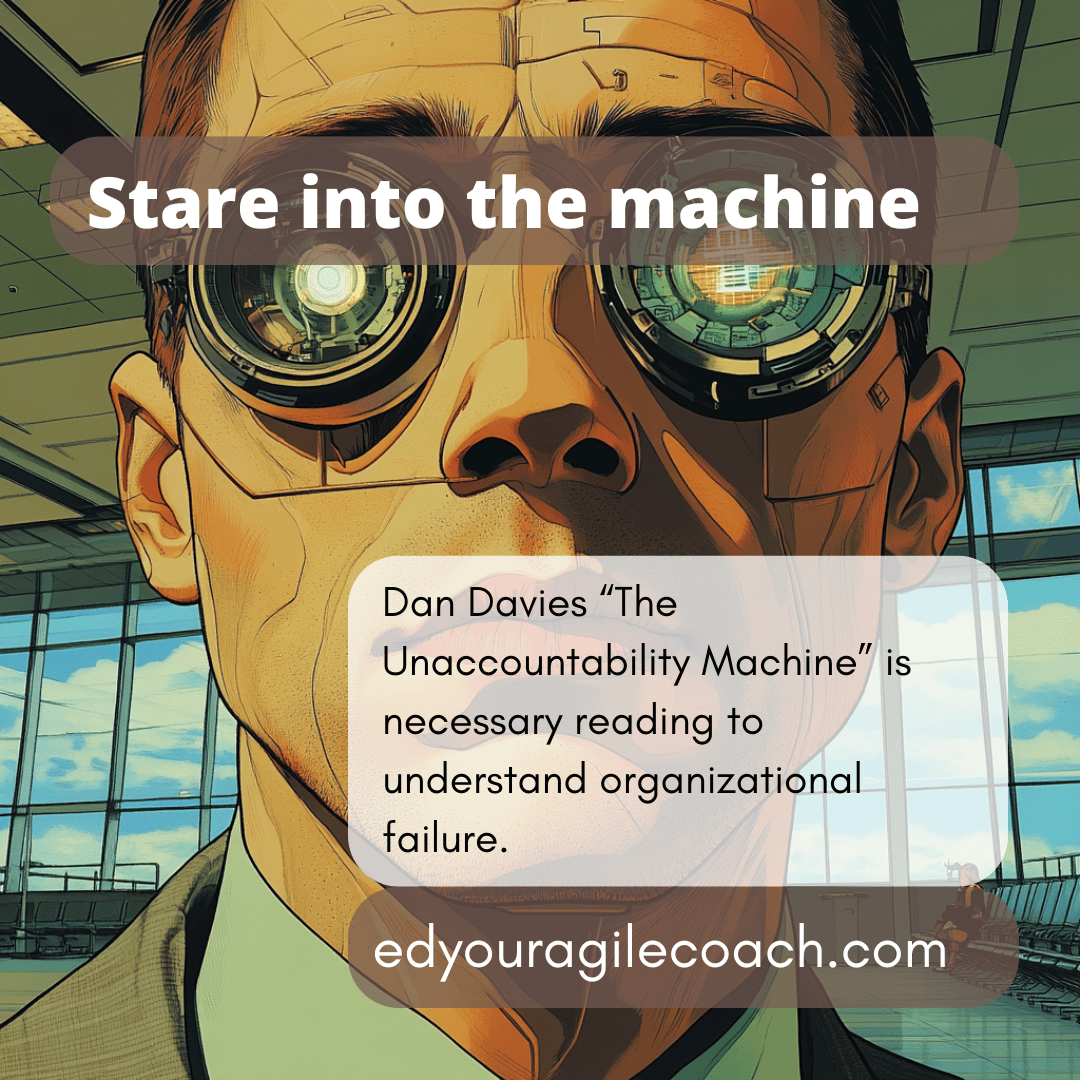Avoiding the dumpster fire.

Technology is evolving and improving. What is not improving is how we lead technology projects. I have been in the business for twenty years, and clearly how we lead technology projects needs significant improvement. Last week, news broke that Hertz rental car was suing Accenture for 32 million dollars because it could not deliver improvements to its website. I am surprised this kind of thing does not happen more often because plenty of large projects burn through obscene amounts of cash. In this week's blog, I want to talk about project failure and how it should provide businesses with a model for not doing large projects.
Nathan Allen writes an excellent blog on all the things that went wrong during the Hertz affair. It would be amusing if it did not involve the squandering of millions of dollars. It contains all the usual culprits in a massive software delivery death march. Salespeople made promises to executives and then forced technology professionals to keep them. Poor infrastructure at the client exacerbated poor development from the consulting company. The deadlines were unrealistic, and the client abdicated all responsibility for the project's success. Add in a pinch of arrogance from a top-tier consulting firm, and you have a perfect example of what scrum masters and project managers alike call a dumpster fire.

Nothing is more dispiriting than working on a dumpster fire project. It stinks, and it is fraught with getting your career burned. Often, developers put their heads down and hope no one blames them for the catastrophe. The main reason for this state of affairs is large projects are so big that any minor setback will grind the project to a halt. The state of affairs undermines the psychological safety of the people doing the work, and everyone is afraid to step forward and be honest with project leaders. I suspect this was the primary factor in why the project failed.
Deadlines were missed multiple times. When it was over, 32 million dollars disappeared. What makes the entire episode more galling is Accenture refused to do more work unless Hertz paid more money to fix a broken project. Failure crashed into failure, setting more money on fire, and the only solution was to throw more money into the flames.
I have worked with several people from Accenture. They are very good at selling products and getting paid, but they are not good at delivering results. In the world where they work, it is more important to get paid than to provide value. According to the agile manifesto, this refutes the value of customer collaboration over contract negotiation. It is clear Accenture is more interested in contracts than helping customers.
I entered the agile reformation to build things rather than toil in obscurity. I have worked on projects where we extracted money and value from the customer rather than deliver it. Working on a project like this does pay the bills, but it does not move the practice of software development forward or improve the reputation of the development profession. It is up to experienced agile and project management professionals to pour cold water on these dumpster fires. The business needs to set a standard that is more than watching piles of money burn. Otherwise, we will have more trash fires like Hertz and Accenture.
Until next time.




Comments ()